
Sunday Brunch: Can the new politicians derail the transition?
Recent elections in Europe have led to a shift to the right, but will this really halt the green transitions, or are we just talking about a temporary slowing ?
All this will not be finished in the first one hundred days - JF Kennedy
Europe is going through a series of elections. The EU version ended up with a swing to the right, while the UK went the other way. And as we write, France is going to the polls for round two, which is expected to see major gains for the right wing Le Pen led National Rally party.
And one issue that seems to unite most of the right wing parties is a hatred of the green deal. But can they really derail it?
The short answer is probably not. Regular readers will know that we have consistently argued that once the green transitions make financial as well as social and environmental sense, they will be much harder to reverse. And many transitions are already there or close. The biggest area of risk probably relates to agriculture. Not because the reforms do not make sense, but because the group that needs to change, the farmers, are least able to afford it.
If you want to read the rest and are not already a member...

To reverse the green deal you need an alternate plan
If you listened to the newly elected MP's, you would think the green deal is dead.
But there is a massive gap between rhetoric and action. Yes, in principle one strategy is just to reverse all the existing green legislation. But that is harder than it sounds. And it only really works in practice if industry and business is behind you. And it's not clear that the major transition industries are keen on a total unwind. Maybe a slowing, but even that is less obvious than you may think.

Our favourite quote from the Politico article is this one ....
"New far-right Belgian MEP Barbara Bonte told POLITICO her goal is to “abolish” the Green Deal. But pressed on specifics, Bonte, a member of the Flemish separatist Vlaams Belang party (ID), simply said she would “vote against all sorts of measures” and “listen to the people.”
What are the big targets for these new MP's and MEP's? The biggest transitions are in automotive, electricity generation, buildings, and agriculture.
In automotive, it's not obvious that fighting the transition is a financially good plan. Yes, we get that switching to EV's is expensive. And that some companies and investors want the challenge to go away. But unless we can hold back the tide, then the change is going to happen. The choice we need to make is will the change be led by others, or will Europe benefit from the investment, jobs and profits?
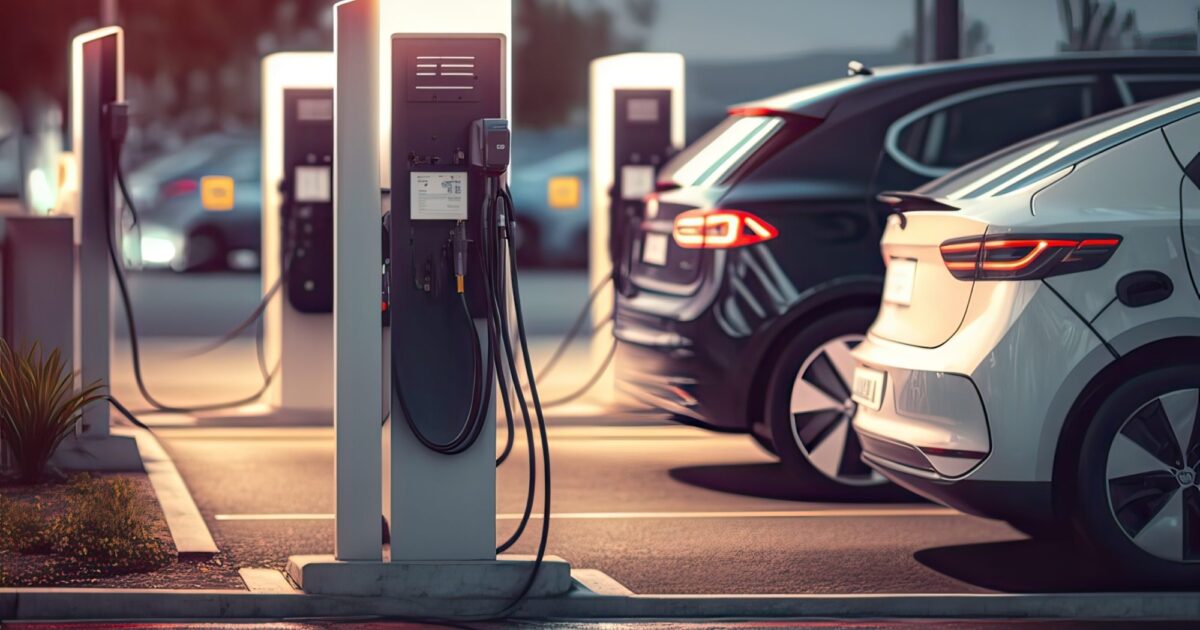
It's not clear that the targets being set in Europe are even that demanding. Yes, there is still a lot of work to be done around charging systems (and the cost of electricity), but we should not under-estimate just how hard it would be to reverse the EV shift. Automotive companies prefer stability in policy.
And then we have electricity systems. Here, the shift to wind, solar and other sources of greener electricity generation is if anything even more established. We are learning how to build electricity systems where renewables make up a large proportion of the generation capacity. It's possible that the pace of change may slow, but as with automotive, the direction of travel is set.
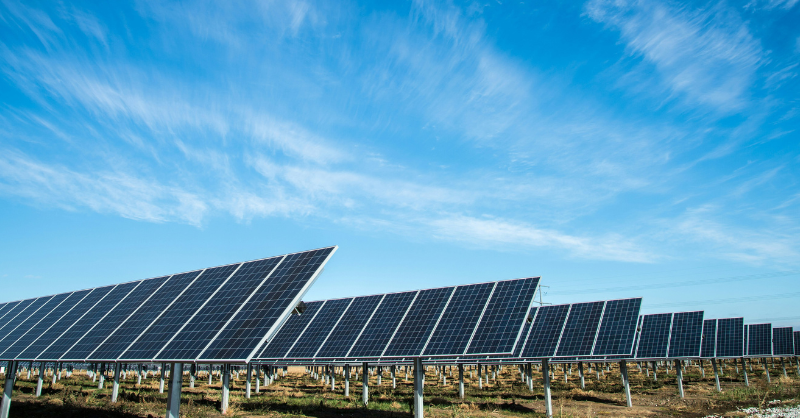
And, then we have buildings. The data is pointing to green buildings being more valuable, which suggests that investors and building owners will continue to push this transition even if politicians lose enthusiasm.
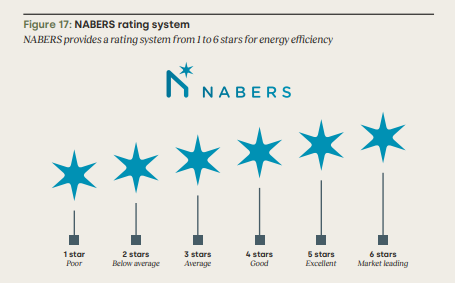
This leaves one transition as being the most at risk, greener agriculture. This is the sector that has worried us the most. It is probably more important than you think - with new research suggesting it's carbon emissions are as big as electricity and heat generation.
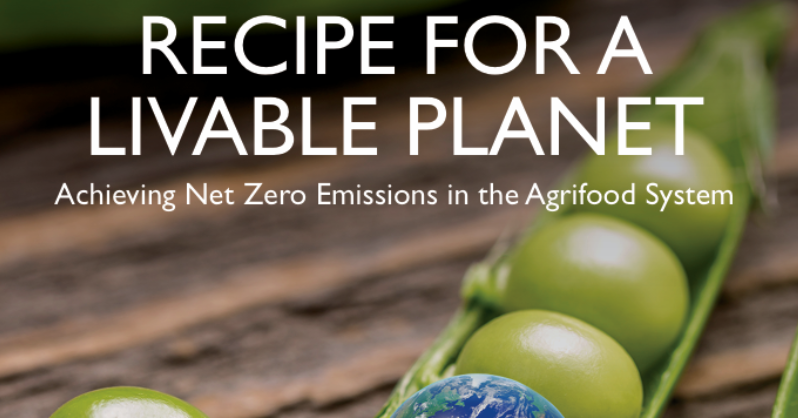
The current approach in Europe seems to involve loading costs on the farmers. That is probably a mistake. We frequently point out that of all of the entities in the agricultural value chain, farmers are the most poorly placed to finance change. So maybe we need more carrots and less sticks?

We are not advocating complacency. Governments and regulators can make a real difference, although our observation would be that they often follow rather than lead public opinion. But, we are suggesting that the doom and gloom we are seeing in Europe around the shift to the right might not turn out to make as much difference to environmental sustainability as the press articles and rhetoric imply.
Something a little more bespoke?
Get in touch if there is a particular topic you would like us to write on. Just for you.
Contact us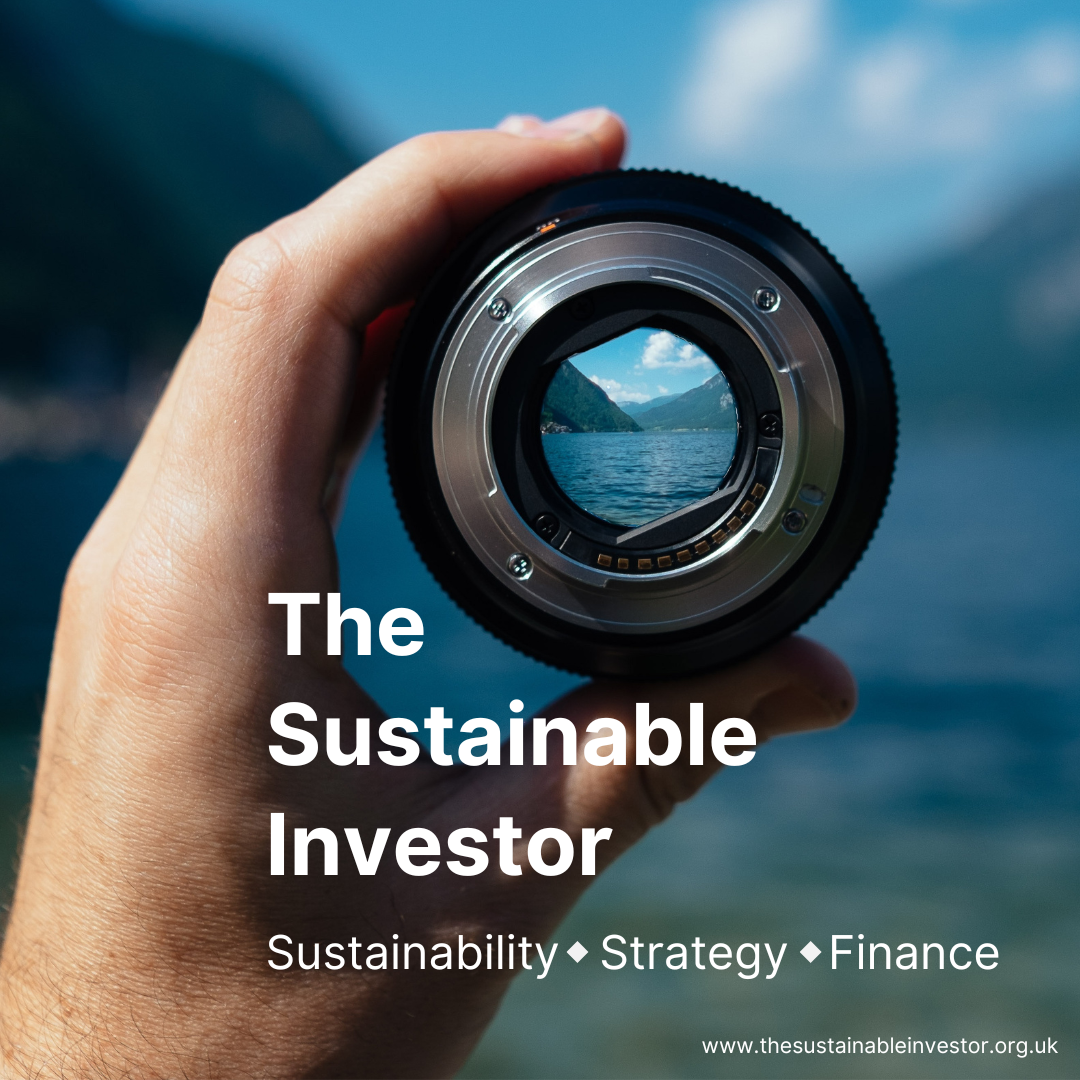
Please read: important legal stuff.




